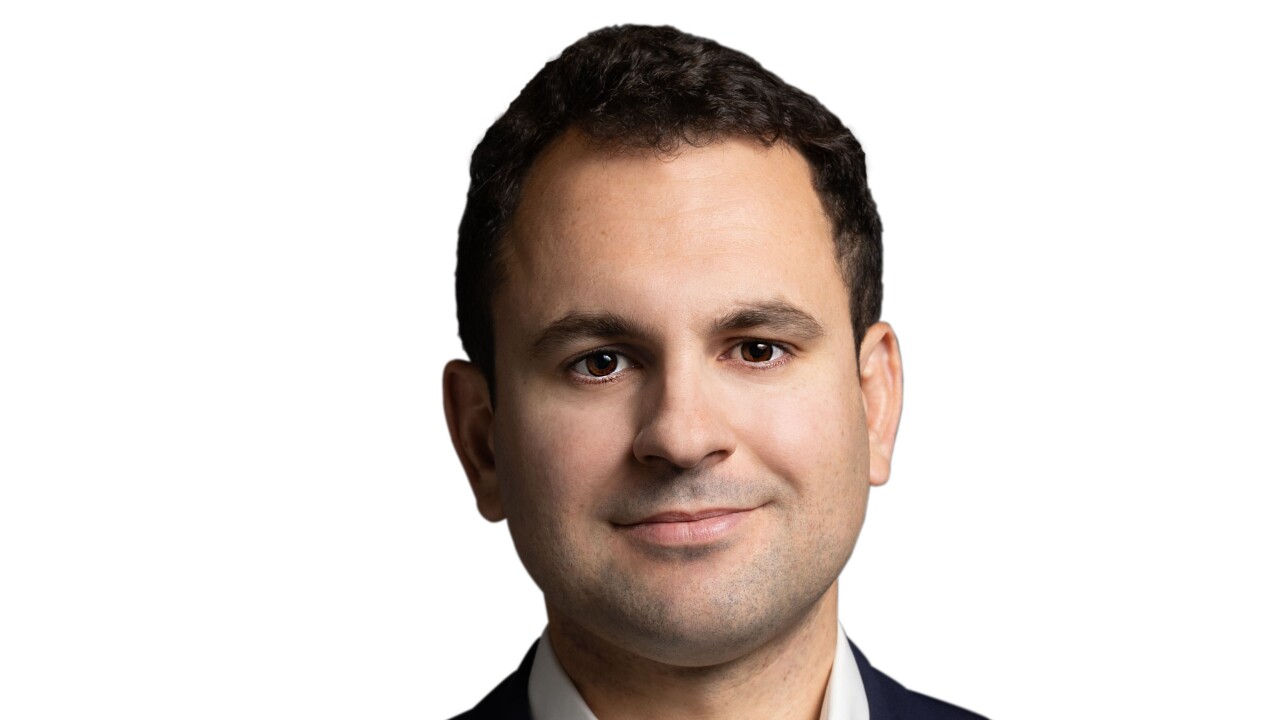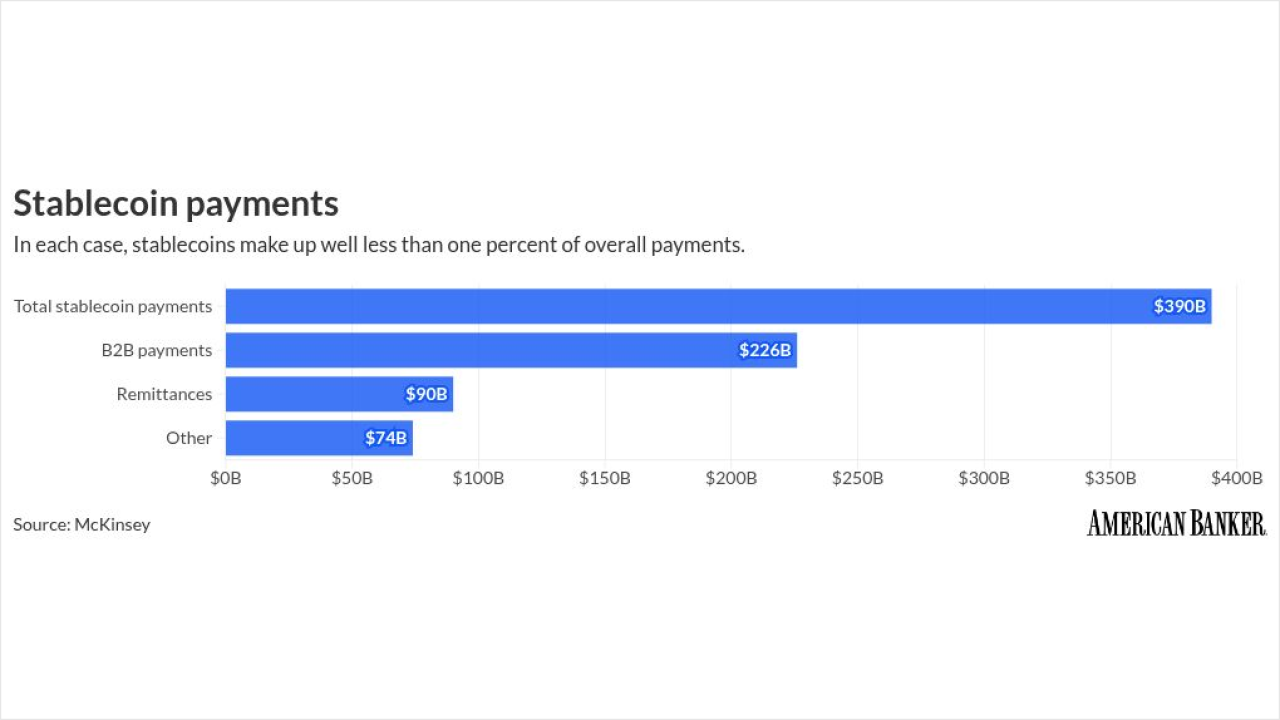Banks are offering top executives lucrative post-closing payments as an incentive to embrace large-scale mergers that ultimately could cost them their jobs.
The effort seems to be working — at least for now.
Three recent, high-profile mergers —
Daryl Byrd, Iberiabank’s president and CEO, will receive $21 million in cash and restricted stock to stay on, while Keith Cargill, president and CEO at Texas Capital, will be paid more than $30 million. Donald Hileman, First Defiance’s CEO, will receive a nearly $2.3 million retention payment.

Post-closing payouts will likely become more prevalent as other banks pursue mergers, industry experts said. They encourage bankers to pursue deals that might not be in their immediate self-interest, avoid succession struggles and stick around to promote a smooth transition.
“These payments are absolutely what’s getting people to say yes,” said Christopher Marinac, an analyst at Janney Montgomery Scott. “I don’t think it is going to stop, because, in this industry, we’re very good at following the lead of the previous deal.”
Robert Bolton, president of Iron Bay Capital, said payments provide that extra nudge to pursue what can be an arduous task.
“It’s an ingredient in the pot that makes the deal go or not go,” Bolton said. “These deals can get finicky.”
However, there is growing speculation investors may eventually raise concerns that the packages are expensive and put too much emphasis on the short term instead of long-term outcomes.
“I don’t think investors have focused on it enough,” Marinac said. “I think there’s an awareness issue.”
Hileman at First Defiance defended post-closing payments, saying they can be worthwhile to investors.
“It has to be a balance because those are big numbers” that investors are looking at, Hileman said. “But when you look at the context, and what it can add to shareholder value, it is important.”
A spokeswoman for Iberiabank said she could not comment. Calls to First Horizon, Independent and Texas Capital were not returned.
The arrangements for Byrd and Cargill have two main components, based on details in recent regulatory filings: post-closing awards and consulting agreements.
Byrd, who will serve as First Horizon’s executive chairman for two years, will get a $5 million cash award, payable quarterly over five years or as a lump sum when he relinquishes his post. He will also receive $11 million over three years when he transitions to a special adviser.
A separate agreement with Iberiabank awarded Byrd $5 million in restricted stock on Nov. 18. The stock will vest in full six months after the merger with First Horizon closes. He forfeits the stock if the deal falls through.
Cargill, who will become a special adviser, will receive $20 million in cash after the Independent deal closes, along with a monthly advisory fee totaling $10 million over four years.
Byrd’s agreement does not take away the benefits, including severance, under his Iberiabank employment agreement, but Cargill will have no rights or entitlements under his agreement with Texas Capital.
The Independent-Texas Capital agreement also includes a $3.5 million post-closing cash payment for David Brooks, Independent’s chairman, president and CEO, and $2 million for Daniel Brooks, its vice chairman and chief risk officer. David and Daniel Brooks are brothers.
Hileman, who will receive his retention payment at closing, will step down as CEO early next year, handing the reins to Gary Small, his counterpart at United Community. Small will receive $750,000 in restricted stock when the merger closes.
“Those will vest over time,” Small said of his restricted stock, while noting that his previous long-term incentives had vested early. A stock award “puts you in alignment with the shareholder going forward.”
Hileman’s agreement is set up so he will not get another award if, for some reason, he continues to serve as CEO past his planned departure date, Small said.
A business case can be made for the agreements, industry experts said. There is a growing sense of urgency among some banks that mergers of equals deals will eventually become harder to lock down.
“You’re at a dance and you’re running out of partners with $15 billion to $30 billion in assets,” said one analyst who asked not to be named because of the sensitivity of the subject. “It removes a cultural impediment. Maybe it’s a case of holding your nose and moving on with a deal.”
The success of the mergers is largely linked to the retention of revenue producers and clients, making it important to tie up high-level executives. The deals in place lock in Byrd for at least three years, while Cargill is committed for four years.
The executives are also subject to noncompete and nonsolicitation agreements. Cargill’s agreement extends two years past the date his services to Independent end, while Byrd’s agreement ends five years after his deal’s completion.
Hileman is also subject to a noncompete agreement.
“Our boards’ thought process was that the retention payment allowed for continuity and consistency, and it extends out the period of the transition,” Hileman said. “The boards definitely believe that a quick transition of leadership would not be in the best interest of customers or shareholders.”
“The argument is that these deals are in the best interest of shareholders,” said a banking attorney who asked not to be named given the delicate nature of the topic. “These are relatively absorbable costs. The executives are being asked to lead the ship into choppy waters where they have to be the change agent.”
From a banker’s perspective, the payouts make up for the compensation they could have received absent a merger.
Byrd’s compensation in 2018 was $5.3 million, including a $1.1 million base salary. Cargill’s compensation was $4.1 million in 2018, with a $956,000 base salary. Hileman had $1 million in compensation that year, including a $472,500 base salary.
“When I step aside I’m walking away from that [salary] and all the incentives that are dependent on shareholder returns,” Hileman said.
“My ability to go out and have another CEO role at another company is very limited” due to the noncompete agreement, Hileman added. A retention payment “is a way to make some of that up.”
That logic makes sense to Bolton.
“There’s the view that if you’re not going to be part of the surviving entity you need to be compensated,” Bolton said. “When you have a management team that’s in the middle innings of their careers, they want to know what you’re going to do for them when they no longer have a job.”
Investors should still take note, industry observers said.
Marinac and Bolton, for instance, would like to see more of the compensation tied to meeting financial targets or the company’s success retaining revenue producers and clients. They would also like to see more of the compensation paid at the end of an executive’s service.
“I wish the disclosures would come out sooner than the S-4 [merger filing],” Marinac said. “I would also prefer that large shareholders drive these conversations and link pay to performance.”
“I take issue with the stuff that doesn’t sit well with the mom-and-pop shareholders,” Bolton said.





